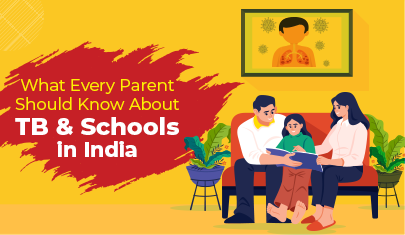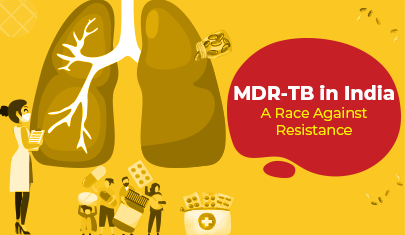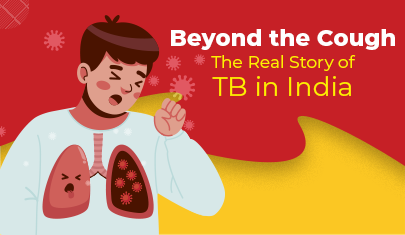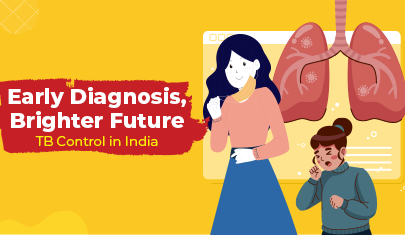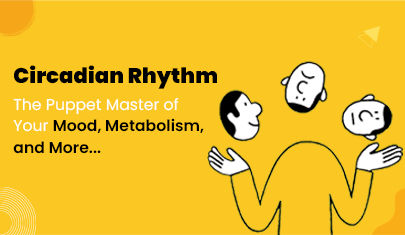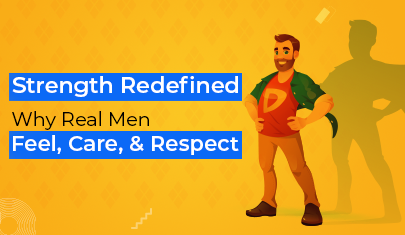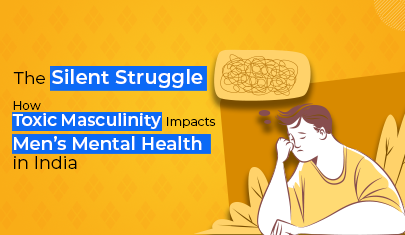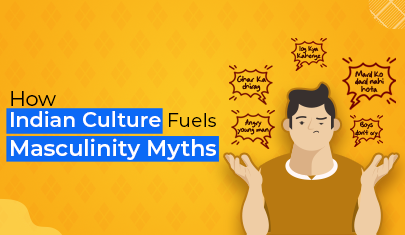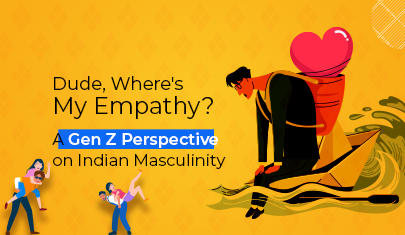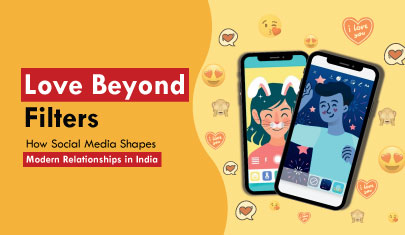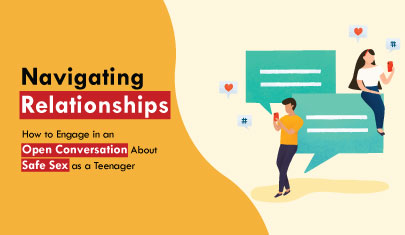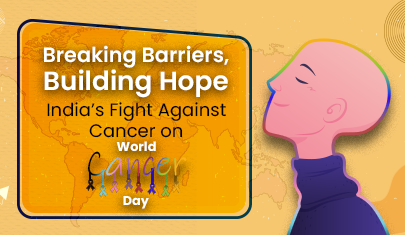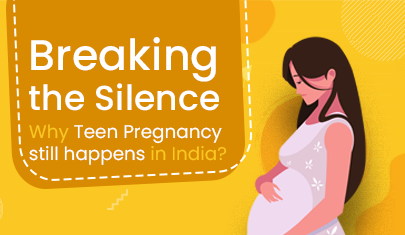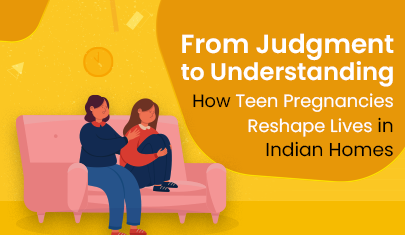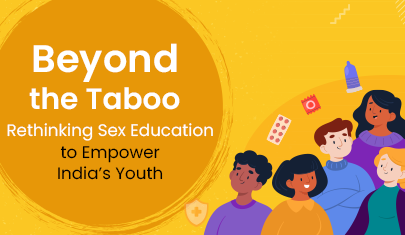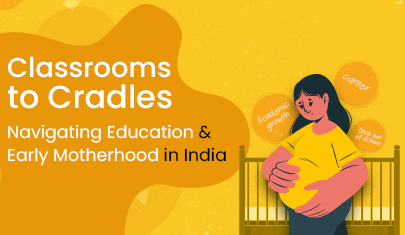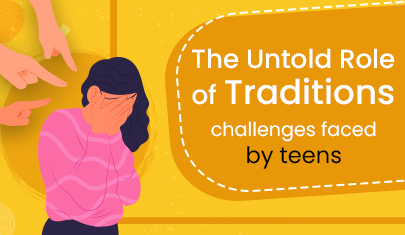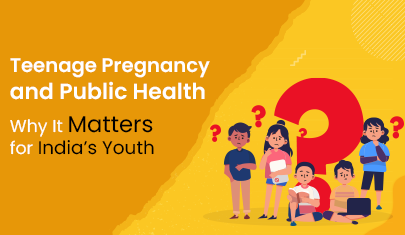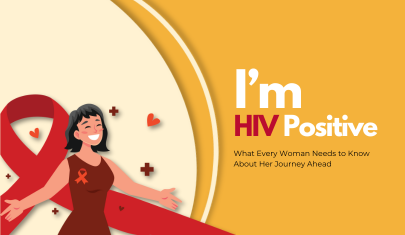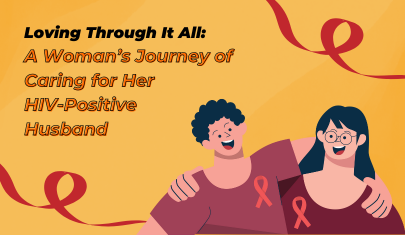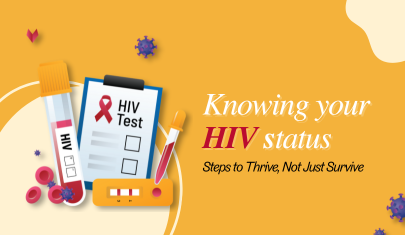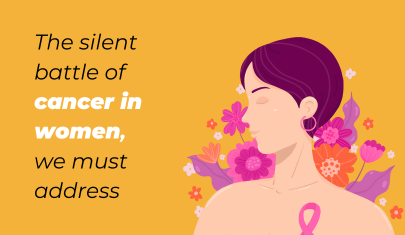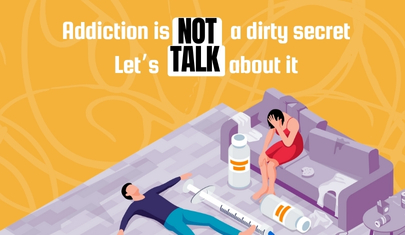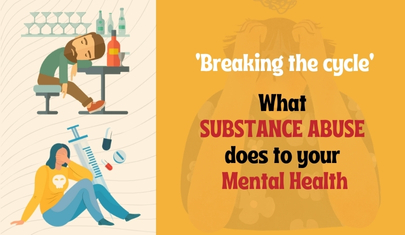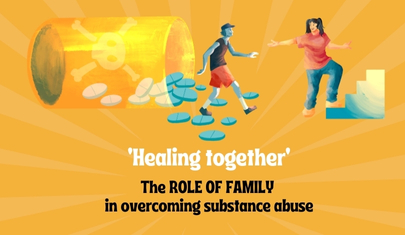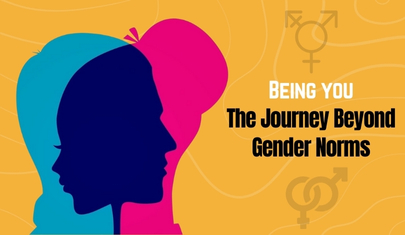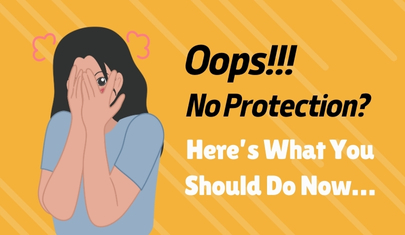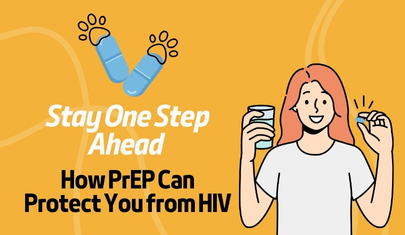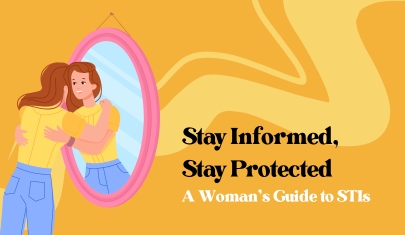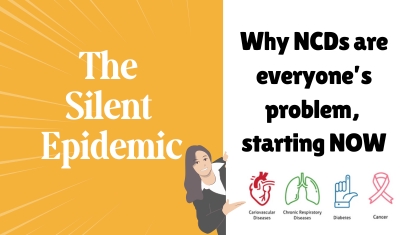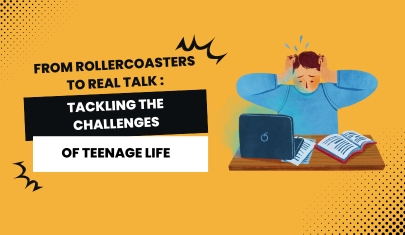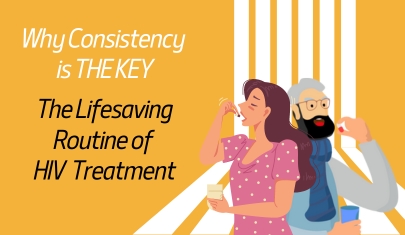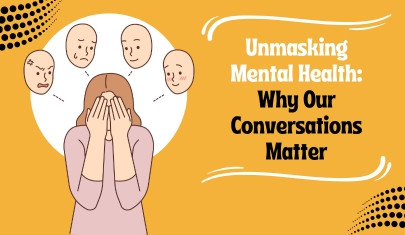General
Likes, Laughs, and Logouts: Navigating and Thriving in the Digital Age
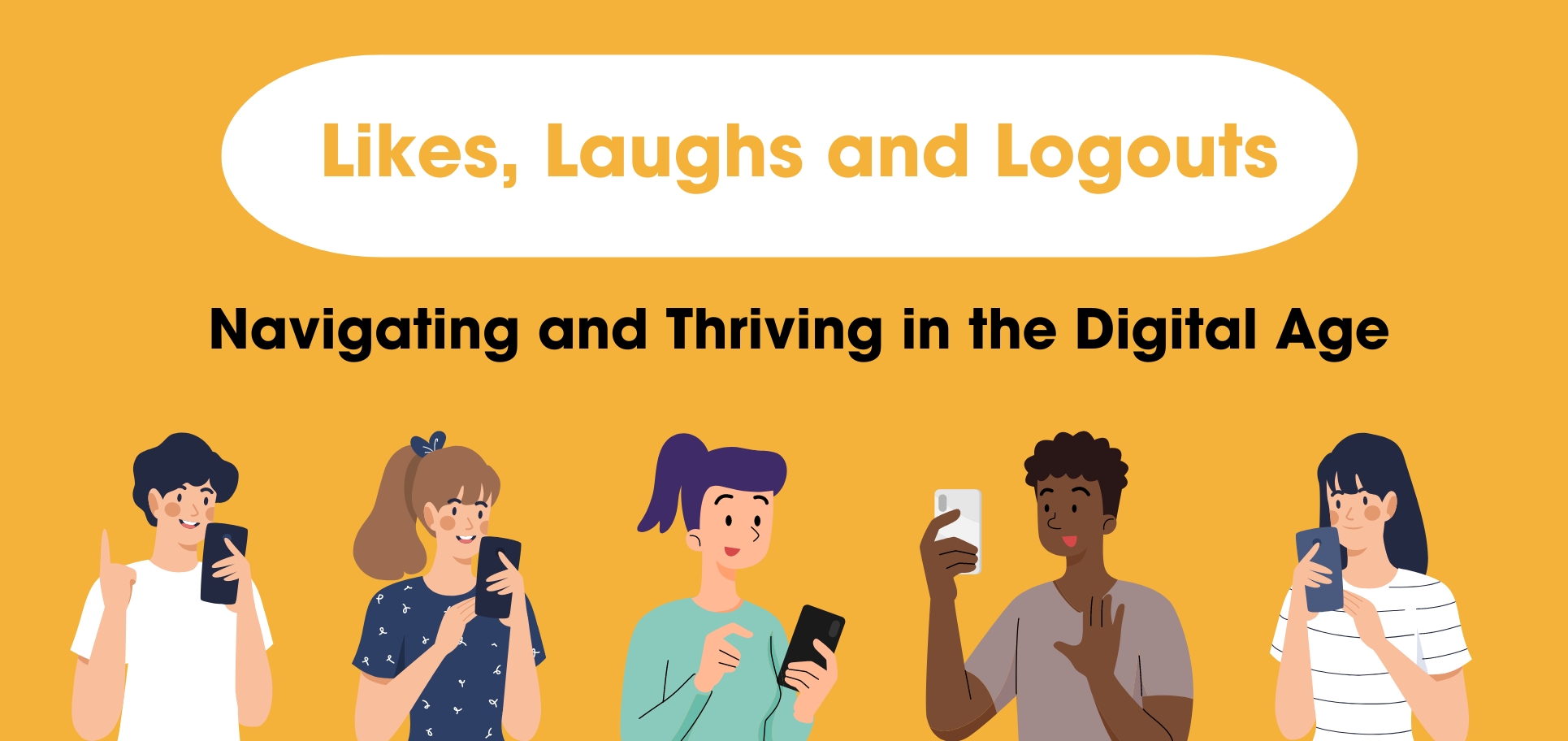
Hey there,
Have you ever paused to consider how much of our lives revolve around the digital world these days? Whether we're scrolling through Instagram, binge-watching on Netflix, or diving into the latest TikTok trends, our online habits consume a massive chunk of our time. It’s fascinating how digital media keeps us connected and entertained, but have you ever thought about its impact on our brains, particularly for teenagers? While the internet is undeniably amazing, could it be affecting our mental health in ways we haven’t fully grasped yet?
The Double-Edged Sword of Digital Media
Let’s start with the obvious: digital media is pretty much a double-edged sword. On one hand, it’s opened up so many opportunities. You can learn literally anything on YouTube, stay in touch with friends 24/7, and even become famous overnight if you play your cards right on social media. But on the flip side, all this screen time comes with its own set of challenges. Have you noticed how easy it is to feel down after spending hours online? Why is that?
The thing is, social media is full of highlight reels. Everyone’s showing their best moments—the perfect selfies, the coolest trips, the “ideal” lives. But let’s be real: how often do you compare yourself to those pictures? How often do you feel like you’re not measuring up? It’s like this constant pressure to be perfect, and that can seriously mess with your self-esteem. Have you ever thought about how much of what we see online is just carefully curated content? It’s easy to forget that, right?
The Stress of Keeping Up
Social media has an unspoken rule: stay relevant. Post constantly, chase trends, and rack up those likes. But have you ever paused to think about how draining this cycle is? Keeping up with the relentless flow of content can feel overwhelming. And what’s the cost if you don’t?
There’s a pervasive, Fear of Missing Out (FOMO) that keeps us tethered to our screens. But what are we actually missing out on? Perhaps it’s the chance to be fully present in the moment, to engage in genuine face-to-face conversations, or simply to enjoy some much-needed peace and quiet. Are we losing the ability to just be, without the constant urge to broadcast our lives to the world?
The Dark Side: Cyberbullying and Online Drama
Let’s confront a darker side of the digital age: cyberbullying. We hear about it often, but do we truly grasp its severity? Online, it’s disturbingly easy for people to hurl insults and threats they would never dare voice face-to-face. Is it the anonymity that emboldens them, or simply the detachment from the immediate consequences of their words?
The truth is, those hurtful words have a profound impact—sometimes more devastating than we realize. Have you witnessed the sheer brutality of a comment section or social media thread tearing someone apart? For teenagers, this kind of online cruelty can be soul-crushing.
So, how do we begin to address this overwhelming pressure? Why are we not having more in-depth conversations about coping strategies for cyberbullying, rather than simply advising people to ignore it or log off? It's time to take a hard look at how we can better support those affected and work towards a more empathetic online environment.
Cyber Safety: More Than Just a Buzzword
Care to dive into the topic of cyber safety. Sure, it might sound like something your parents nag about, but it’s crucial. The internet is an incredible resource, but it also harbors significant risks. From online predators to identity theft, a lot can go wrong if you're not vigilant. Have you ever paused to consider who might be watching when you share that selfie or check into a location? It’s a bit unsettling when you think about it, right?
But cyber safety goes beyond just avoiding the major threats. It’s also about safeguarding your mental health. Have you ever found yourself endlessly scrolling through distressing news or toxic content late into the night? That’s another aspect of cyber safety—understanding when to take a break for your own mental well-being.
So, how do we balance enjoying the internet with staying safe? What steps can we take to protect ourselves and our mental health while still making the most of our online experiences? Let’s explore how we can stay safe online without sacrificing the fun.
The Impact on Mental Health
Now, let’s get to the heart of it: how is all this digital media affecting our mental health? For teens, the impact can be huge. The constant exposure to perfect images, the pressure to keep up, the stress of online drama—it all adds up. Have you ever found yourself feeling anxious or down after spending too much time online? It’s like the internet can be both a friend and a foe, depending on how we use it.
One thing that’s been popping up a lot is how social media can lead to anxiety and depression, especially in teens. It’s not just the FOMO or the cyberbullying—it’s the way social media can distort reality. We start to believe that everyone else has it all figured out while we’re just trying to get through the day. But here’s a question: do you think it’s possible to use social media without letting it get to you? How do we find that balance between staying connected and staying sane?
Let’s Talk About Screen Time
Then there’s the whole issue of screen time. We’ve all heard the warnings about too much screen time, but what’s the real story? It’s not just about protecting your eyes—there’s a lot more going on. Studies show that excessive screen time can mess with your sleep, ramp up your stress levels, and even hurt your ability to focus. But honestly, who’s really keeping track of their screen time these days?
Maybe it’s time for a reality check. Have you ever tried setting limits on your screen time? How did it go? Did you notice any changes in how you felt or how you interacted with the world around you?
With all the time we spend online, it might be worth experimenting with unplugging a bit more each day. What if we made a pact to disconnect for a while and see how it impacts our lives? Let’s explore how a little less screen time could lead to a lot more balance and well-being.
The Paradox of Connection: Why Real-Life Interaction Matters
Isn't it ironic? The more connected we get online, the more disconnected we sometimes feel in real life. We rack up hundreds of friends and followers on social media, yet how many of those connections actually translate into real-world interactions? It’s as if we’re drifting away from what genuine connection really means.
So, why is that? Are we just too swamped with other things, or is it simpler to hide behind a screen than to face real-life conversations?
There’s something powerful about putting down the phone and engaging in a face-to-face chat. No filters, no screens—just raw, real interaction. It might feel a bit daunting, but it’s also incredibly refreshing. Think about those moments when you’re so engrossed in a conversation that you forget about your phone entirely. Feels pretty amazing, right? Maybe we should all strive for that more often. After all, real connections are where the magic happens.
Cyber Safety Tips for Teens (and Everyone Else)
Before we wrap this up, let’s talk about some practical ways to stay safe online—because let’s face it, the internet isn’t going anywhere, and neither are we. So, what can we do to protect ourselves while still enjoying all the good stuff the digital world has to offer?
- Think Before You Post: It sounds simple, but it’s true. Once something’s online, it’s out there forever. So before you post that photo or share that location, ask yourself: would I be okay with everyone seeing this?
- Guard Your Privacy: Check your privacy settings on social media. Make sure you know who can see your stuff, and don’t be afraid to block or unfriend anyone who makes you uncomfortable. Your online space should feel safe.
- Be Smart About Sharing: Not everything needs to be shared online. Keep your personal information—like your address, phone number, or even your school—private. The less people know, the safer you are.
- Watch Out for Scams: If something seems too good to be true, it probably is. Be sceptical of random friend requests, weird messages, or offers that seem off. And definitely don’t click on suspicious links.
- Take Breaks: This might be the most important one. Don’t be afraid to unplug. The internet will still be there when you get back, and taking a break is one of the best ways to protect your mental health.
Moving Forward: Finding a Healthy Balance
So, where do we go from here? The internet isn’t going away, and honestly, we wouldn’t want it to. But how do we find a balance between enjoying everything digital media has to offer and protecting our mental health?
Maybe it starts with being more mindful about how we use our screens. Instead of mindlessly scrolling, what if we took a moment to think about how what we’re seeing makes us feel? And instead of getting caught up in the online drama, what if we focused more on real-life connections? How do you think your life would change if you made a few small tweaks to your online habits?
At the end of the day, digital media is a tool—it’s all about how we use it. It can be a source of incredible joy and connection, or it can be a source of stress and anxiety. The choice is ours. So, what do you say? Are you ready to start using the internet in a way that works for you, rather than against you? Let’s figure this out together.
Can’t wait to hear your thoughts! Let us chat anytime! We are there for you.
With warmth and support - YRG Family




